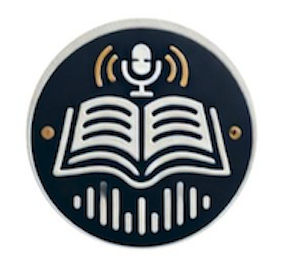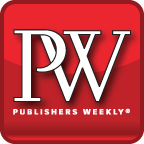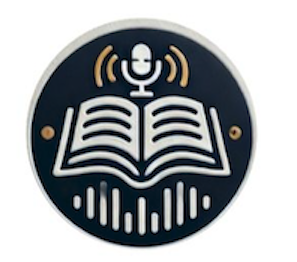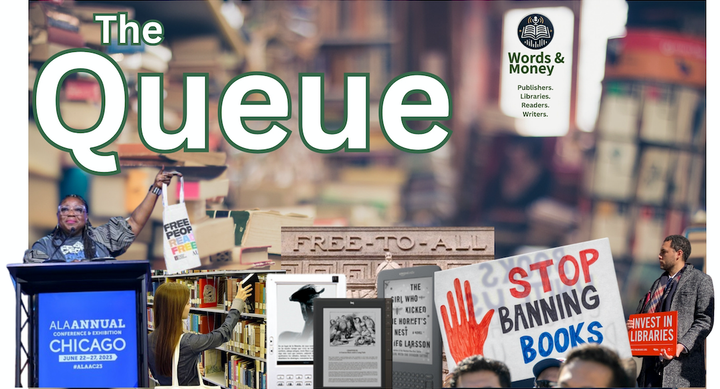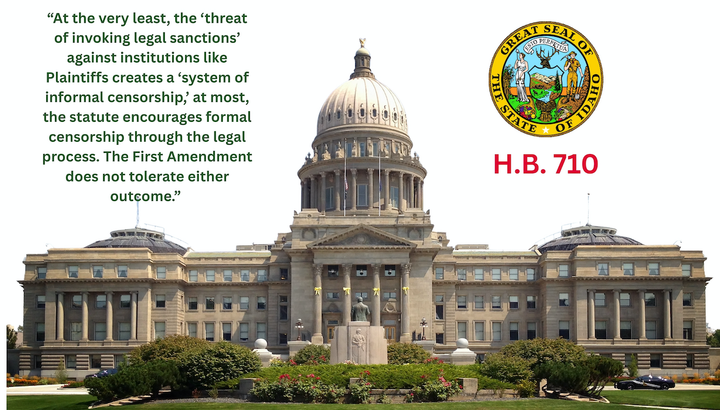The Queue: Library News for the Week Ending October 24, 2025
Among the week's headlines: publishers urge the Supreme Court to hear a key book banning case; a new Texas book banning law sparks concern; Pennsylvania legislator to introduce a 'right to read' bill; and an unexpected windfall for Carnegie libraries.
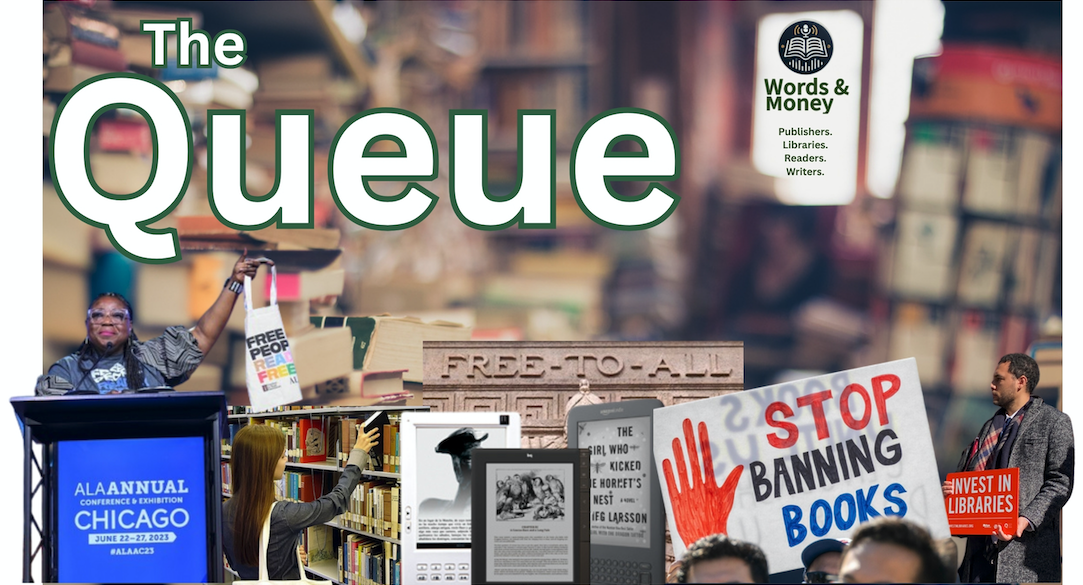
Six major publishers (Hachette, HarperCollins, Macmillan, Penguin Random House, Simon & Schuster, and Sourcebooks) along with the Authors Guild have filed an amicus brief urging the Supreme Court to review and reverse the Fifth Circuit's May 2025 ruling in a closely watched book banning case, Little v. Llano County.
As Words & Money previously reported, the Fifth Circuit decision overruled the court's own 30-year-old, unanimously-decided precedent in Campbell v. St. Tammany Parish School Board, a 1995 First Amendment decision involving the attempted removal of a book from a public school library that has long served as an anti-censorship bulwark for librarians. In overruling that decision, the Fifth Circuit, widely considered to be the most conservative court in the nation, held that there there is no First Amendment right to receive information in public libraries, with a plurality holding that the library book decisions are "government speech" and thus immune from First Amendment scrutiny.
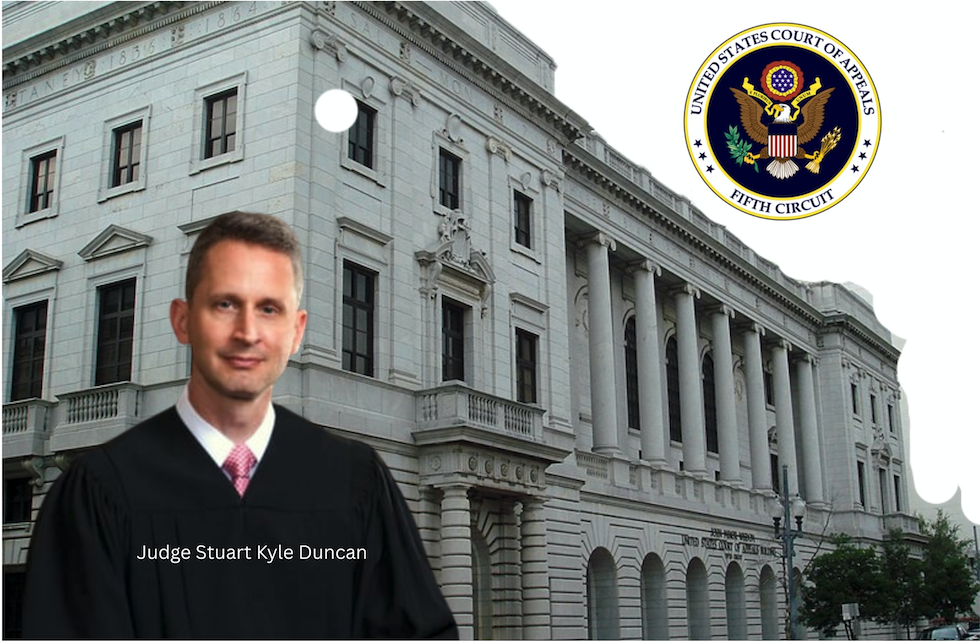
Steel your nerves, everyone. Amid the ongoing right wing assault on the freedom to read, this is for all the marbles. If the court takes the case, which lawyers believe it is likely to do, a reversal would knock out the legal basis upon which virtually all the right wing book banning laws and policies springing up across the nation are based. An adverse decision from this Supreme Court, on the other hand, would have massive implications for libraries and the freedom to read.
In their amicus brief, the publishers succinctly lay out what's at stake should the Fifth Circuit opinion be allowed to stand.
"Critical to the functioning of libraries are the First Amendment right of publishers and authors to speak through books and the First Amendment right of readers to receive those messages," the brief states. "Without those First Amendment safeguards in place, public libraries will become mere political tools, subject to the partisan whims of whichever party is in power."
PEN America Calls Out New Texas Book Banning Laws
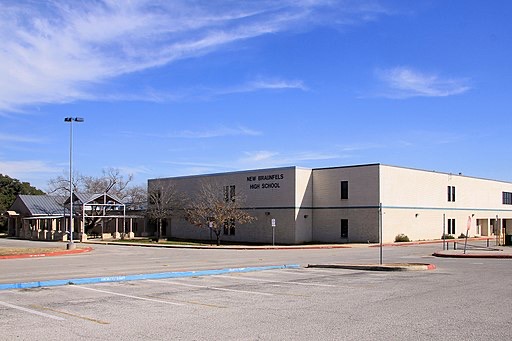
PEN America this week is sounding the alarm over how some Texas school districts are choosing to implement two controversial new state laws, SB 13 and SB 12, including some districts that have "indefinitely closed entire school libraries, prohibited book collections in classrooms, and used artificial intelligence programs to screen library books for removal."
Signed into law this year, SB 13 bans allegedly "indecent or profane" materials from school libraries and empowers parent-led "advisory councils" to have the ultimate say on which books can go into, or be removed from, school library collections. SB 12 prohibits DEI programming and instruction related to LGBTQ+ identity.
"In response to the new state laws, New Braunfels ISD has indefinitely closed all non-elementary libraries in the district to audit and remove materials deemed out of compliance with SB 13," PEN America reports. "Another district, Leander ISD, reportedly removed 40 books in response to SB 12, including titles like To Kill a Mockingbird and The House On Mango Street, following the use of an AI program to assess books for 'DEI' content." Several more districts are said to have forced teachers to remove classroom libraries.
“Closing entire libraries is an infringement on students’ right to read and not required by these laws," said Madison Markham, Freedom to Read program coordinator at PEN America, in a release. "Reports that artificial intelligence programs are being used to ‘assess’ titles in order to remove them are also deeply worrying; artificial intelligence is not an appropriate substitute for the sound judgement of a professional librarian or educator.”
As reported by local affiliate WOAI, New Braunfels has since voted to reopen secondary school libraries.
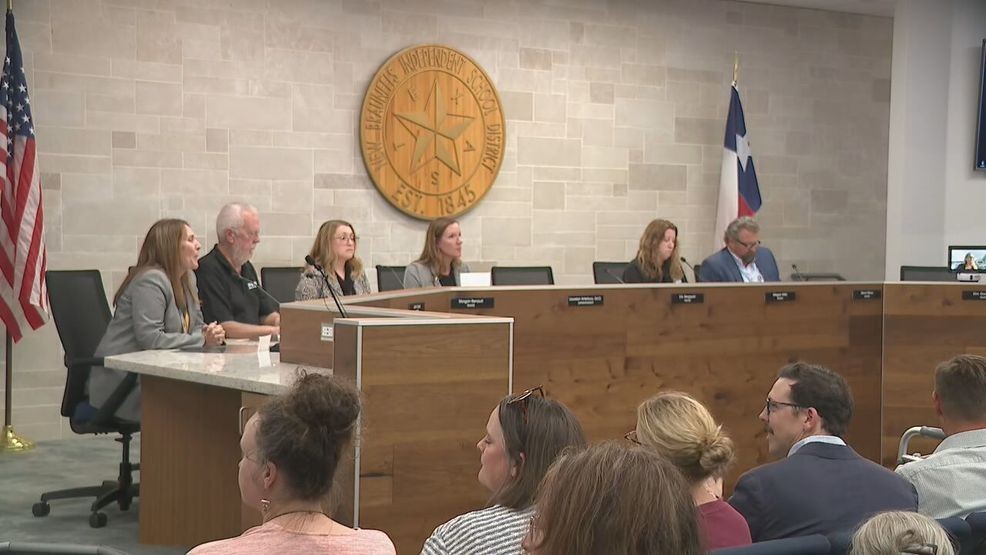
PEN America reps are urging concerned citizens in Texas to take action by signing a petition created by the Texas Freedom to Read Project.
Pennsylvania Legislator Set to Introduce 'Right to Read' Bill
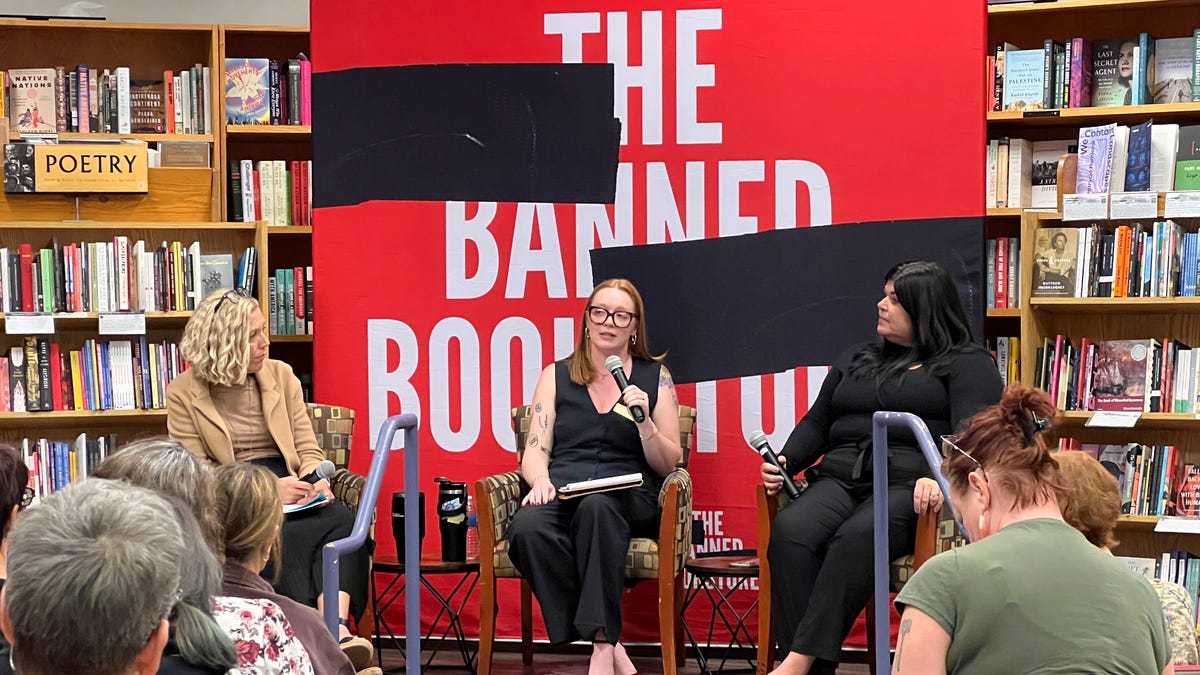
The Erie Times News reports that Pennsylvania state senator Amanda Cappelletti will soon introduce a freedom to read law. “Citing 2023 data from the American Library Association, Cappelletti said in a co-sponsorship memo that Pennsylvania is among the worst states for banning books and that there were 56 attempts to prohibit just over 300 titles―the most in more than 20 years,” the report notes. “Her forthcoming legislation would require the state librarian and local libraries to adopt the ALA's Library Bill of Rights and develop a statement prohibiting the banning of books and other materials."
Anti-Trans Activist Appointed to Library Board in Tennessee

Via local affiliate WKRN conservative activist Riley Gaines this week was appointed to the Sumner County (Tennessee) Library Board. The appointment comes after the Sumner County Library Board rejected a ban on transgender-themed books.
"Gaines posted on social media 'Tennessee banned tax dollars from funding woke gender ideology, but my own county’s library board is ignoring it. These books (and others) were challenged by concerned parents in February, but to no prevail [sic]. Remove this filth from our libraries!' along with images of books about gender identity," the report states. "Gaines took to social media Tuesday to confirm her appointment to the board."
Alabama Anti-Trans Book Rules for Libraries Expected to Be Approved

Gulf Coast Media reports that tensions ran high at a final hearing on a proposal by the Alabama Public Library Service to restrict books with positive portrayals of trans people. Nevertheless, it seems the measure is certain to be adopted.
"APLS Chairman John Wahl said public response to the proposed rule change has been 'overwhelming,' saying the board has received 8,478 comments during the public comment period. He said of the comments received, 6,781 (79.98%) were in support of the proposed amendment while 1,697 (20.01%) were opposed," the outlet reports. "APLS will review the public input it has received, with a vote on the amendment expected to occur during their next meeting, which is scheduled for Nov. 21."
Huntington Beach Will Appeal Court Decision That Struck Down Book Banning Policy

The book banning drama will continue in Huntington Beach, California. According to the Los Angeles Times, "the all-conservative Huntington Beach City Council voted in closed session Tuesday to appeal an Orange County Superior Court judge’s order that the city return books previously moved to a youth-restricted area to their original locations inside the city’s Central Library."
The move comes after a judge ruled last month that the library's policy violated the 2024 California Freedom to Read Act.
Protesters Picket Wisconsin Library Over LGBTQ Books...Only to Be Outnumbered by Freedom to Read Supporters

The Milwaukee Journal-Sentinel reports that a right-wing group organized a protest at the Hales Corners Public Library this week calling for "the dismissal of library director Stephanie Lewin-Lane over a collection of LGBTQ-themed books they claim are harmful to children." However, an "estimated 50 to 60 people gathered to support Lewin-Lane’s leadership," the paper reports, "while about 10 to 15 called for her dismissal."
A Book Banning Retrospective

Over at Book Riot, Kelly Jensen leads off her weekly censorship news column by looking back at some of her posts over the last year. It's well worth a read.
Baker & Taylor Fallout Continues
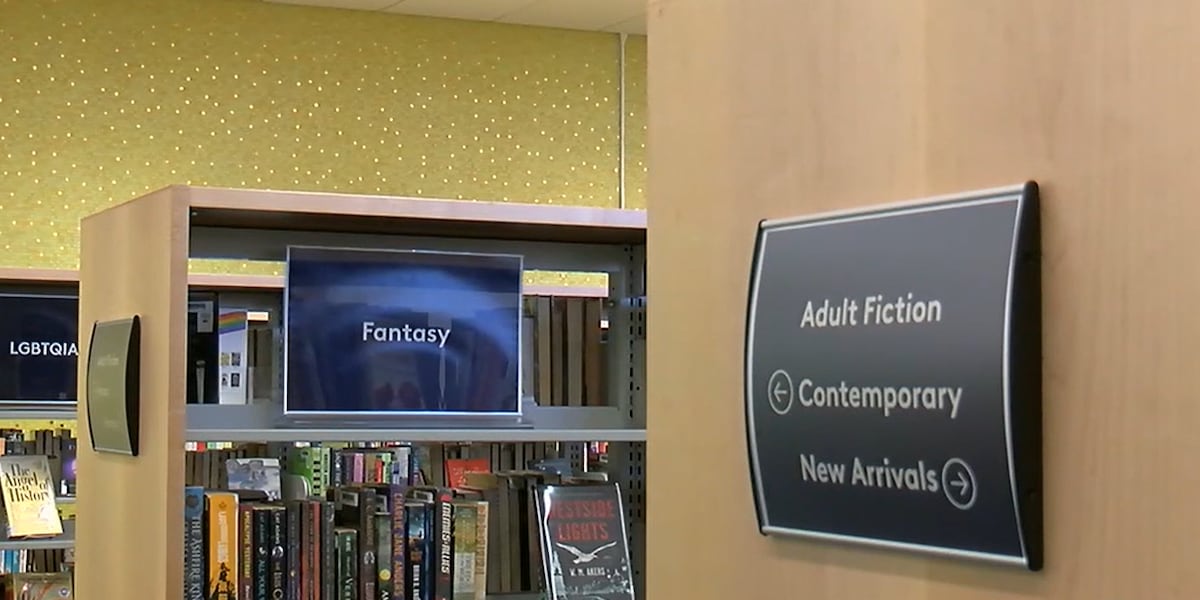
More headlines this week on how libraries are being impacted by Baker & Taylor's collapse. The main themes: the need for patience as libraries look to source materials from other vendors, and the sadness librarians feel for those Baker & Taylor employees who have been valued partners for years and have now lost their jobs ahead the holidays, or will lose them soon after.
"Holbrook Sample with the Cincinnati Public Library said he had an emotional reaction when he learned that the library’s primary book vendor Baker & Taylor was going out of business," FOX19 reports. “I was sad, you know, they’re really a great company. We have a lot of very close ties with a lot of the individuals that work at the company,” Sample told the outlet, while acknowledging that "the writing was on the wall."

Meanwhile, NJ.com reports that a WARN notice revealed that 67 Baker & Taylor employees in Bridgewater, New Jersey will lose their jobs in January, when the state mandated notification period expires.
“For many years [Baker & Taylor] played a vital role in helping us stock our shelves efficiently and stretch every dollar in our print book budget,” the Ocean County Library said in a statement posted on Facebook, NJ.com reports. “We are actively working to navigate this change to ensure continued access to the books you love.”
It's International Open Access Week

Lots of articles this week in defense of open science as part of International Open Access Week, which concludes on October 26. This year's theme: “Who Owns Our Knowledge?” is designed to challenge stakeholders to reflect on "not only who has access to education and research but on how knowledge is created and shared, where it comes from, and whose voices are recognized and valued." You can check out some of the programs on the International Open Access Week website.
Libraries Left 'Scrambling' After Federal Funding for WiFi Programs is Slashed

EdSurge has a great article on the fallout from the Republican-led FCC's recent move to cut funding for two popular WiFi programs.
"For the last six years, patrons of the Brown County Public Library, nestled in rural Ohio, checked out portable Wi-Fi hot spots in droves. The 60 hot spots circulated more than 1,300 times a year, used by, for example, students logging into online school portals, a sick mother attending a telehealth appointment, and a recently laid off factory worker accessing Zoom for a job interview," the article notes. "In a region where many residents have no other internet access, 'We’re some of the ‘last-mile people,’ Lynn Harden, executive director of Brown County Public Library, says. 'It’s not a matter of, ‘Can you choose something affordable to you?’ There's no option. People are desperate to have these.'”
Publishers Weekly's Best Books of 2025

Our friends at Publishers Weekly this week released its Best Books 2025 feature, in which PW editors pick their top 150 titles published this year. It's a stellar list that rightly includes my personal favorite in the Top 10 and on the cover: Vauhini Vara's Searches: Selfhood in the Digital Age. In case you missed it, I spoke with Vara this year for a Words & Money feature interview.

And Finally This Week...
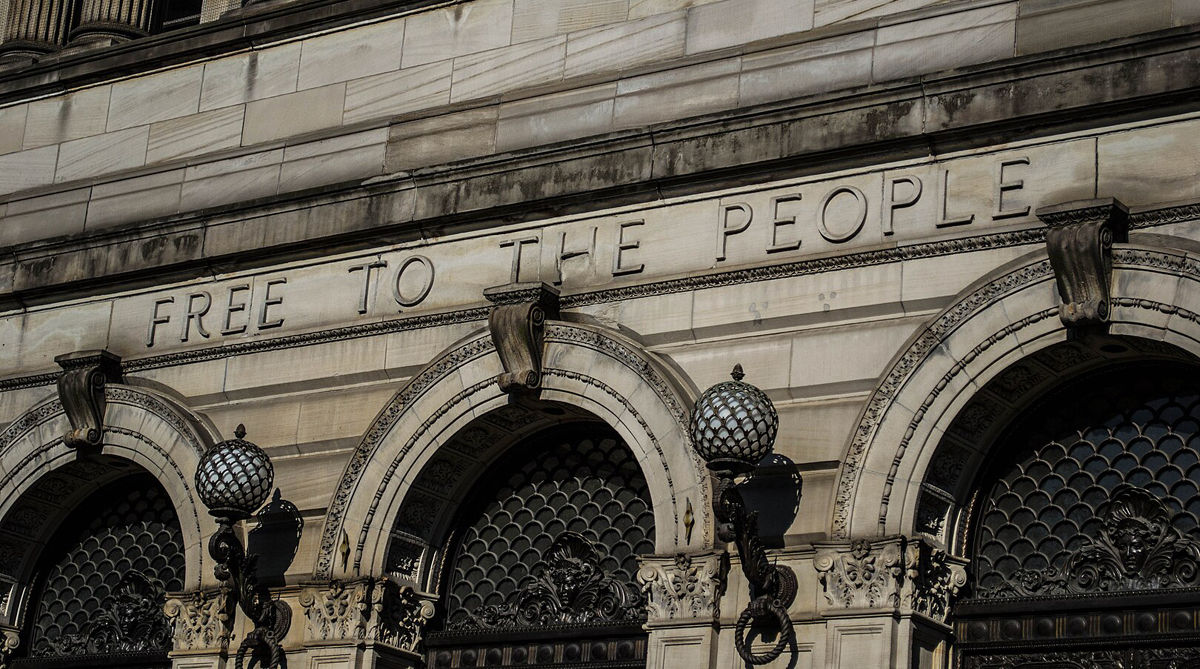
We like to end with good news when we can, and this certainly qualifies. The Carnegie Corporation announced this week that Carnegie Libraries across America will each receive "a $10,000 gift to commemorate the 250th anniversary of the signing of the Declaration of Independence," through a special initiative announced today by Carnegie Corporation of New York.
"The gift recipients can expect to receive a check in January 2026. They may use the funds however they wish to celebrate the 250th anniversary, further their mission, and benefit their community," Carnegie officials said in a release, adding that some 1,280 libraries across the country are eligible for the grants. “Our founder, Andrew Carnegie, who championed the free public library movement of the late 19th century, described libraries as ‘cradles of democracy’ that ‘strengthen the democratic idea, the equality of the citizen, and the royalty of man,’” said Dame Louise Richardson, president of Carnegie and former head of the University of Oxford. “We still believe this and are delighted to celebrate our connection to the libraries he founded.”
